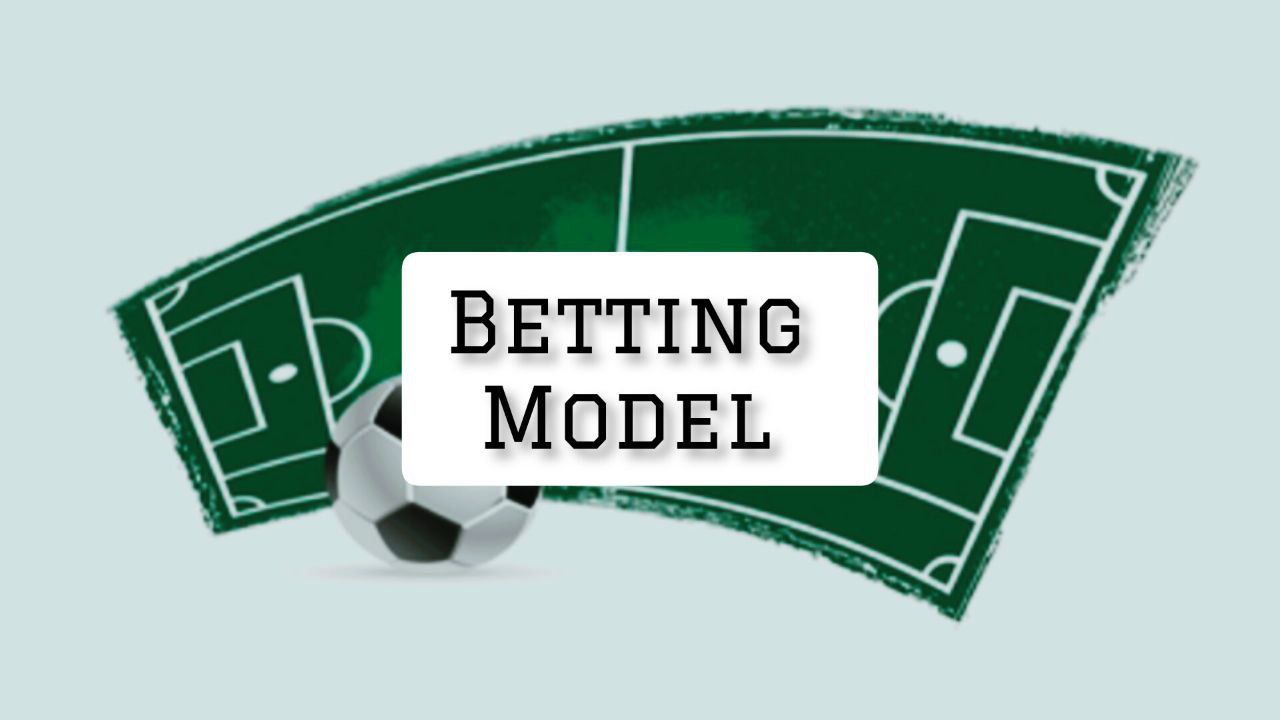
The Premier League’s profit and sustainability rules have emerged as the defining referee of modern football. They are here to curb runaway spending, promote accountability, and rein in reckless financial gambles that clubs so often take chasing success.
For fans and pundits alike, the story is much bigger than regulations. It’s about survival for some, power consolidation for others, and a reshuffling of winners and losers in a high-stakes game where money often writes the final score.
Take Newcastle United, for instance. They may now be dripping in Saudi-backed riches, but these rules slap a leash on their spending spree dreams. While owners like theirs dream of high-profile signings that turn mid-table mediocrity into Champions League nights, they’re forced to play a long game.
That means balancing the books, investing in infrastructure, and pacing marquee purchases. Some might say it keeps their newfound wealth in check, preventing another wild, unsustainable rise like Chelsea’s under Roman Abramovich back in the day. For Newcastle fans, patience is more than a virtue—it’s a demand.
Contrast this with Manchester City, a team that mastered both exploiting and sidestepping these rules with surgical precision. Financial Fair Play (FFP), UEFA’s companion to the Premier League’s measures, proved to be more of a paper tiger against City’s billion-dollar operations.
But under the sustainability regulations, they sit in a far better position, thanks to revenues that dwarf what other clubs can dream of. Their ability to dominate the domestic league isn’t just talent—it’s how legally adept their financial playbook is.
Not everyone can play the game as masterfully as City. Everton stands as a cautionary tale—a club bitten hard by the restrictions.
Caught under the weight of their own ambitions, years of reckless spending combined with lackluster results put them in serious trouble.
In an era where generating revenue matters more than promising a top-six finish, Everton’s struggles epitomize the downside of failing to match aspirations with real sustainability. Their struggles to rebuild while adhering to these rules have put survival at risk—both on the pitch and in the boardroom.
Then there are clubs like Brighton and Brentford, who stand as shining examples of how to win without maxing out credit cards. They thrive on analytical approaches, uncovering gems in undervalued markets while selling stars at the peak of their value.
For every Moisés Caicedo or Ivan Toney, they reinvest smartly, becoming proof that smaller clubs can thrive within these rules without selling their soul or sinking in debt. Their model provides hope in a league dominated by financial giants but requires clubs to accept that overnight stardom isn’t on the table.
But let’s not pretend these rules are purely noble. Critics argue they do more to protect the status quo than ensure fairness. By forcing clubs to stay within revenue-based spending limits, they indirectly favor traditional powerhouses like Manchester United, Arsenal, and Liverpool, whose global fan bases and commercial empires generate revenues lightyears beyond smaller clubs.
For them, the rules are simply formalities, another day in the life of financial behemoths. It’s the Watfords, the Bournemouths, and the newly promoted teams who are asked to play David to these Goliaths without ever truly wielding a sling.
And there’s the human element often overlooked. Fans frequently pay the price for the game’s financial policing. Whether it’s skyrocketing ticket prices, controversial shirt sponsors, or a hesitancy to reinvest in on-pitch talent, sustainability sometimes feels like it’s cutting into the heart of the game. Supporters who once dreamed of fairy tale turnarounds now have to settle for a prudent bottom line.
In essence, the Premier League’s profit and sustainability rules draw a thin line between fostering balance and preserving hierarchy. They demand discipline, reward good business practices, and punish the financially reckless.
But they also run the risk of locking football into an elite-only reality. Still, for a game that has too often danced on the edge of chaos, these regulations might just be the bitter medicine needed to save clubs from themselves.
At the end of the day, winning isn’t just about lifting trophies anymore; it’s about playing a financial game as sharp as the one on the pitch.



Leave a Comment